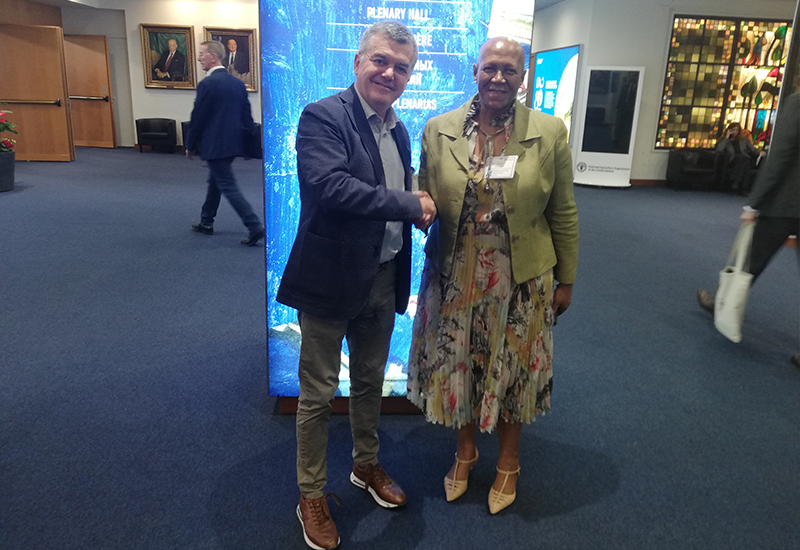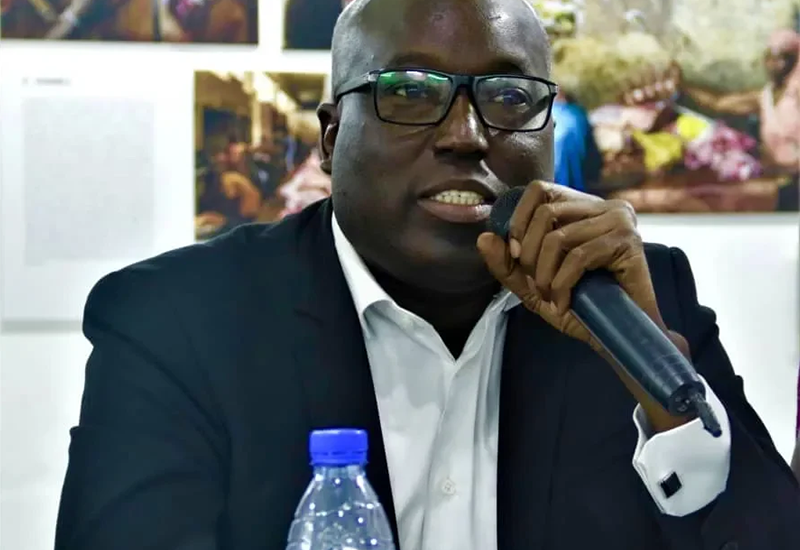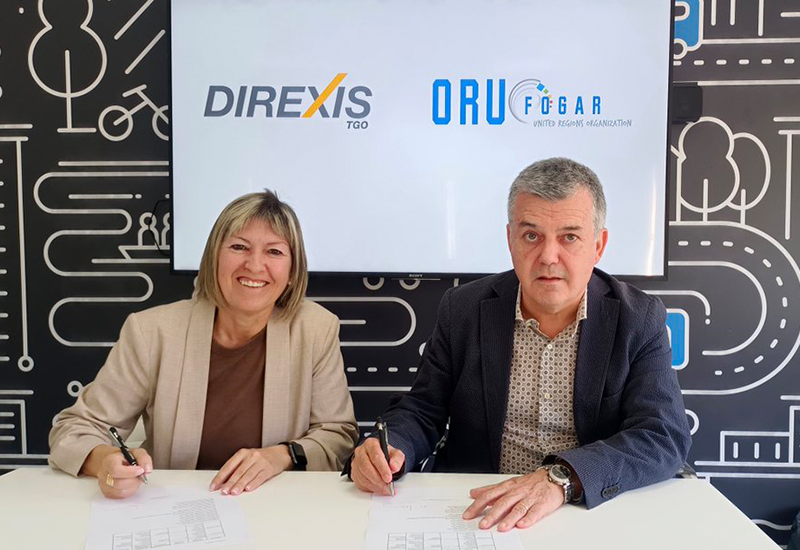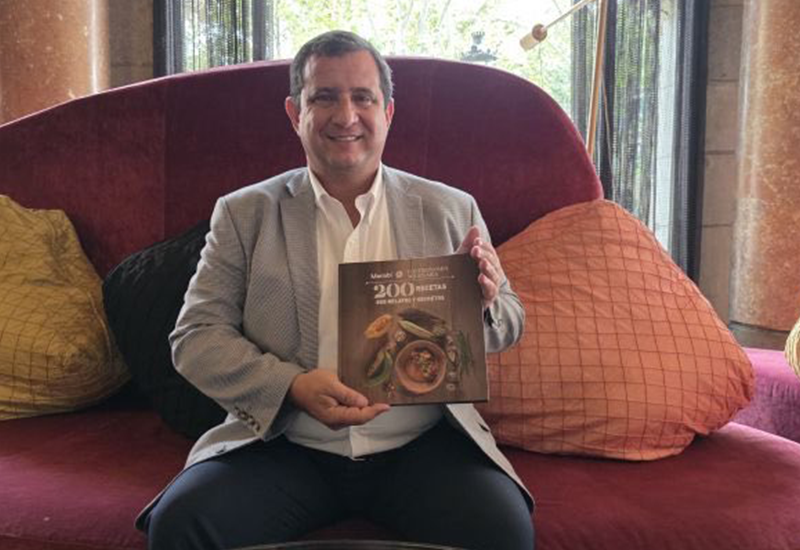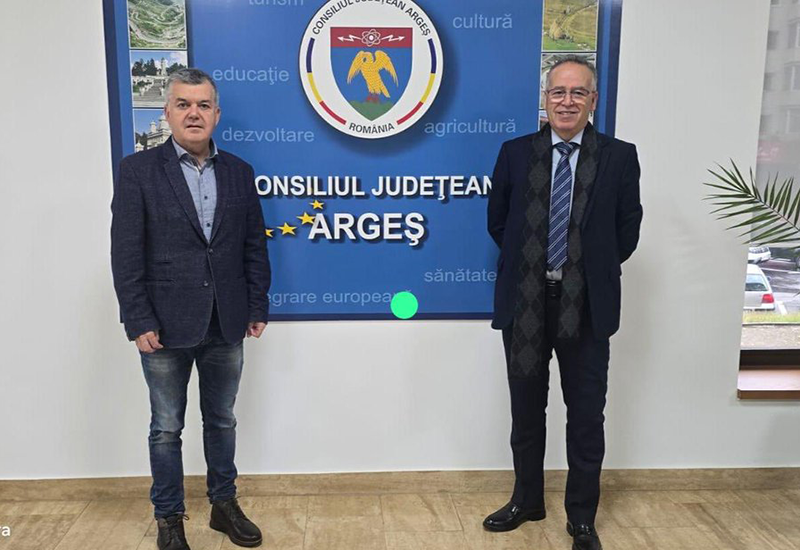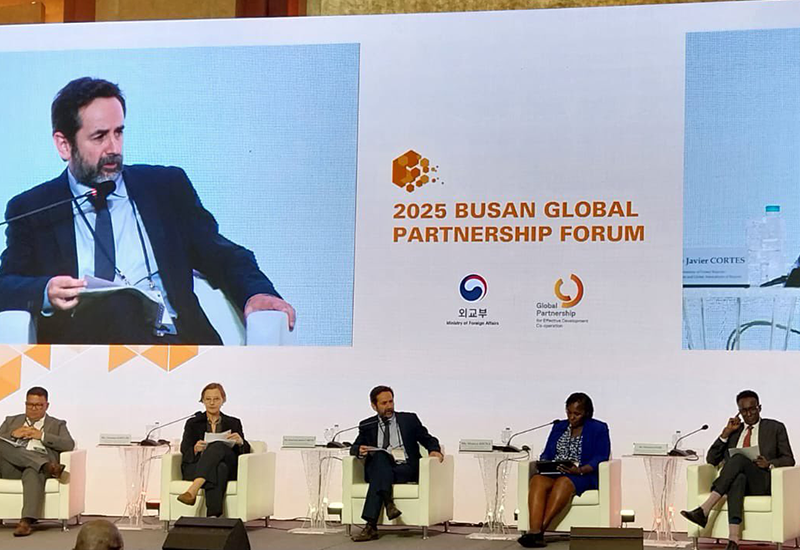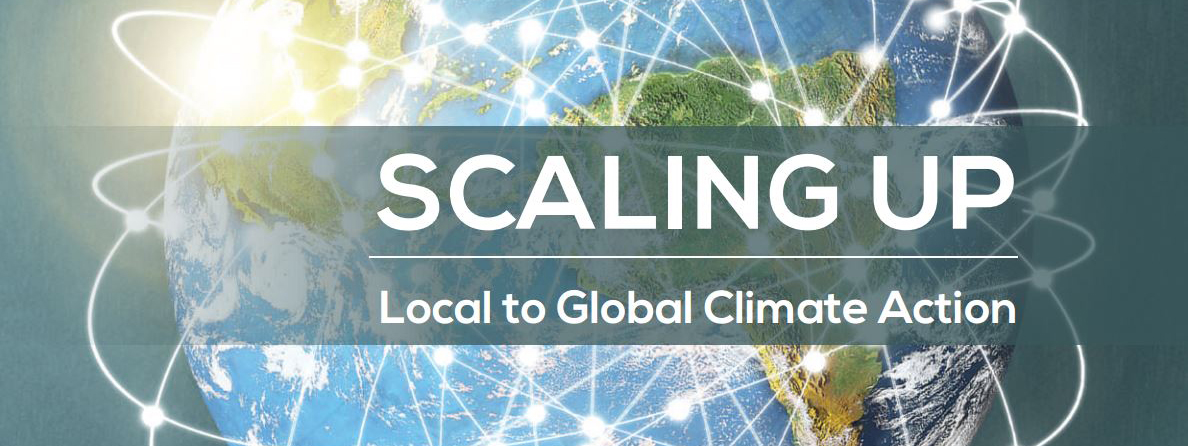
What is your outlook post COP21?
It’s fantastic that for the first time in history almost 200 countries made commitments to cut their carbon pollution and they agreed on a goal to keep global temperature increase "well below" 2C (3.6F). That’s a major accomplishment, but the countries didn’t stop there - - they also agreed to pursue efforts to limit it to 1.5C. Of course there is still much to accomplish and now the real work begins, but this consensus is truly a game-changer for our efforts to cut greenhouse gas pollution and expedite the transition to a clean, green economy. I’m very hopeful as we start the year that we can really pump up the action worldwide.
Where do you think we can be most effective?
I’m a firm believer that real action takes place at the state and local levels, and I am fortunate to have witnessed first-hand, during my Governorship of California, that by bringing together players from across the public and private sectors, we really do have the ability to grow a green economy and fight against climate change at the regional level.
In order to drive this point and highlight the success of subnational action, R20 helped to co-author the report “Scaling Up: From Local to Global Climate Action.” The report confirms that subnational action on climate change is in many ways surpassing national efforts in scope and ambition.
How can we mobilize and accelerate this action?
There is tremendous potential at the local level and that’s where the R20 steps in. One of the powerful things about R20 is that we have the capacity to accelerate the transition to the green economy by acting as both a matchmaker and project coordinator – we help to bring in the investment capital and connect investors to governments that want to transition to the green economy.
Of course mobilizing the finances necessary to make these projects happen is critical. R20’s Climate Finance Advisory Committee drafted a report that explains how low carbon projects are currently underway and how, with an influx of finance, those can be scaled-up and replicated all over the world. “Climate Finance: A Status Report and Action Plan” provides tangible, concrete examples of how to expedite the transition to a low-carbon economy based on proven technologies and projects all over the world, such as those described in "Scaling Up".
What else can we be doing to support these efforts?
We are all citizens of the world. There may be borders drawn on maps but the planet doesn’t see it that way. The air doesn’t belong to one country, nor does the ocean. So we share our natural resources and as we’ve seen with climate change – it knows no borders.
Everyone not only has a responsibility to protect the environment, but also has the power to effect positive change. Simple actions such as using more energy efficient light bulbs and appliances at home, buying more fuel-efficient cars or using public transportation, not wasting water, eating less meat, can produce tremendous results. As consumers, individuals are powerful and create the demand for what is produced.
I believe what Nelson Mandela said: it always seems impossible until someone does it. That's exactly what I have done and had always done it, which brings me to my other belief: don't wait.
Arnold Schwarzenegger
Founding Chair, R20 Regions of Climate Action
Ex-governor of California, United States of America

